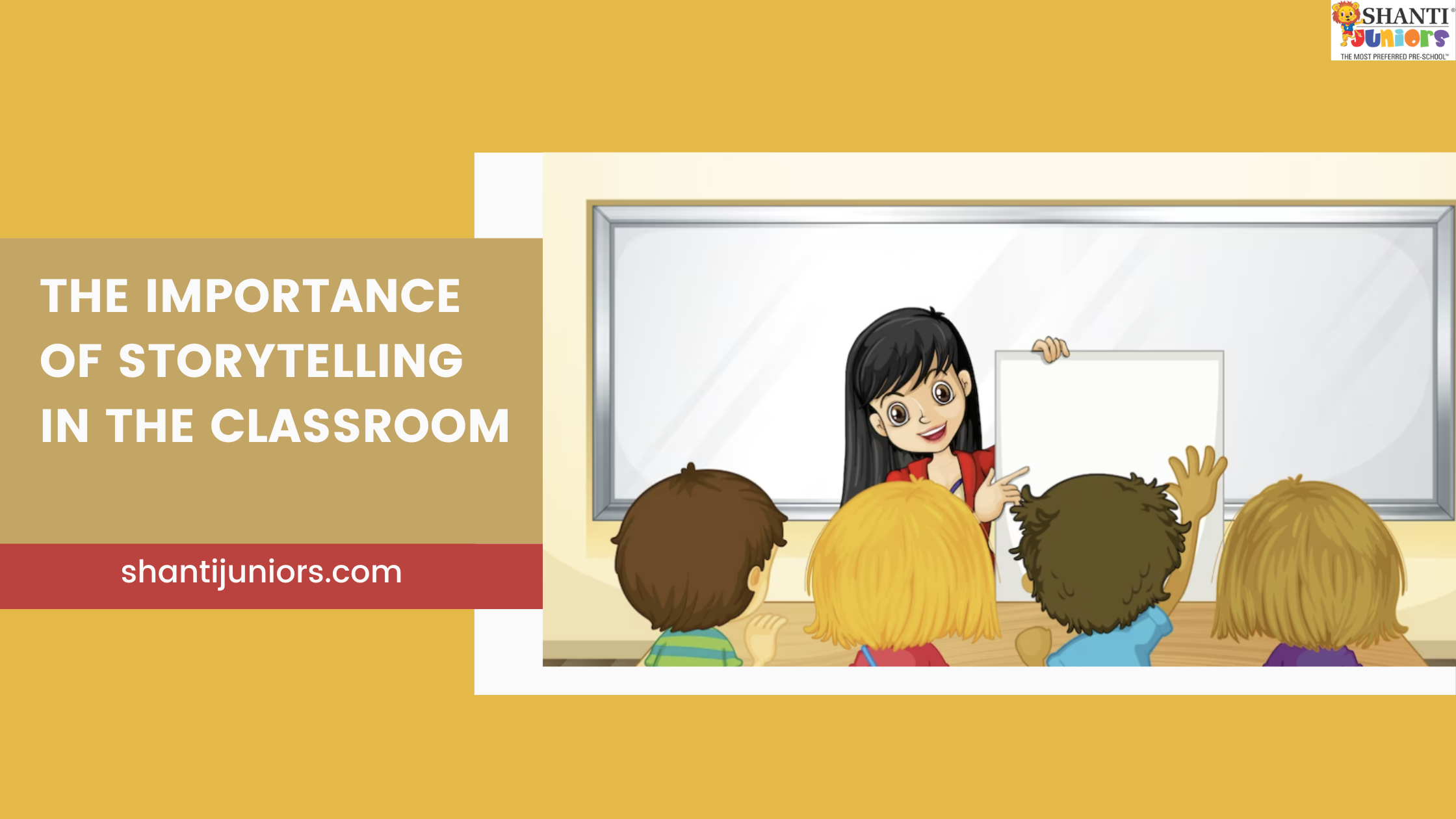

Storytelling is more than just an age-old tradition; it's a powerful educational tool that every teacher should consider incorporating into their classroom. Whether you teach history, science, mathematics, or literature, storytelling can enrich your students' learning experience in several ways. In this blog post, we'll explore the top three reasons why storytelling is essential in education.
Storytelling is more than just an age-old tradition; it's a powerful educational tool that every teacher should consider incorporating into their classroom. Whether you teach history, science, mathematics, or literature, storytelling can enrich your students' learning experience in several ways. In this blog post, we'll explore the top three reasons why storytelling is essential in education.
1. Engagement and Connection
At its core, storytelling is about human connection. When you tell a story, you engage your students on a personal and emotional level. Instead of dry facts and figures, you present information in a relatable and engaging manner. This connection between the storyteller and the audience, or in this case, the teacher and the students, fosters a deeper understanding and retention of the material.
Consider teaching a complex scientific concept like photosynthesis. Instead of diving straight into the technical details, you could begin with a narrative about a plant's journey to capture sunlight and transform it into energy. By weaving facts into this story, you make the subject matter more accessible and relatable. Students are more likely to remember and understand the process of photosynthesis because it's now part of a memorable story.
Also Read: Life Skills That Every Parent Should Teach Their Child
2. Stimulating Creativity and Critical Thinking
Storytelling encourages students to use their imaginations and think critically. When you present information as a story, you invite students to visualize scenarios, empathize with characters, and make connections between concepts. This process stimulates their creativity and encourages them to explore ideas in-depth.
For instance, when teaching history, instead of reciting a list of dates and events, you can tell stories about the people who lived during that time. By delving into their lives, struggles, and achievements, students gain a deeper appreciation for the historical context. They may begin to ask questions, analyze motives, and think critically about the causes and effects of historical events.
3. Enhancing Communication Skills
Effective communication is a skill that transcends subject boundaries and is crucial for success in various aspects of life. Storytelling in the classroom not only helps students become better listeners but also improves their communication skills.
When you share stories, you model proper language usage, tone, and expression. This exposure to well-structured narratives enriches their vocabulary and comprehension skills. Additionally, storytelling can inspire students to become storytellers themselves. Encouraging them to write and share their narratives not only enhances their written and oral communication but also boosts their confidence in expressing their ideas.
Also Read: The Digital Playground: Exploring the Impact of Technology on Early Childhood Development
In Conclusion
Storytelling is a versatile and powerful tool that every teacher can leverage to enhance the learning experience. It fosters engagement and emotional connection, stimulates creativity and critical thinking, and helps students develop essential communication skills. So, whether you're a science teacher, history instructor, or math professor, consider incorporating storytelling into your teaching toolkit. Your students will thank you for making learning more engaging, memorable, and enjoyable.